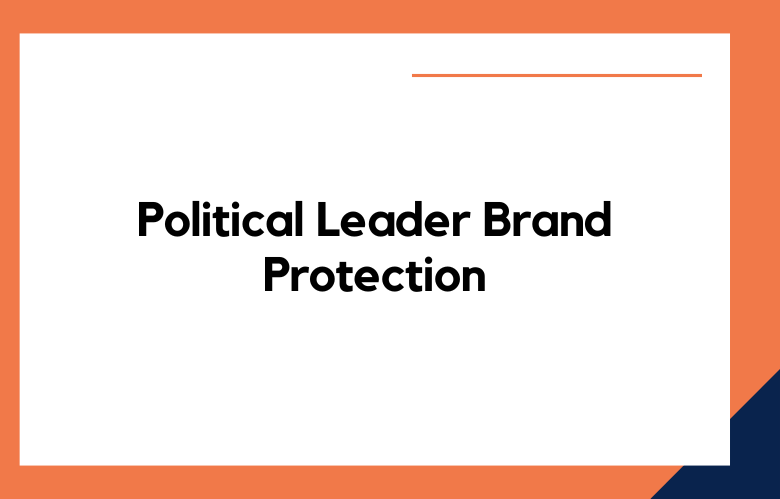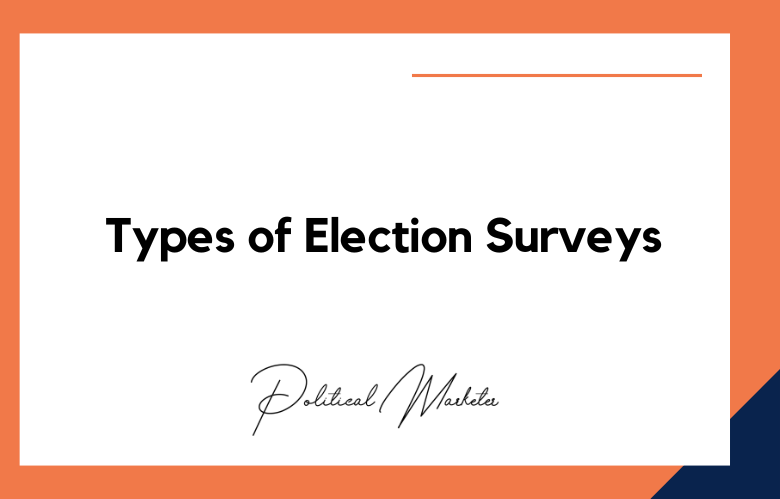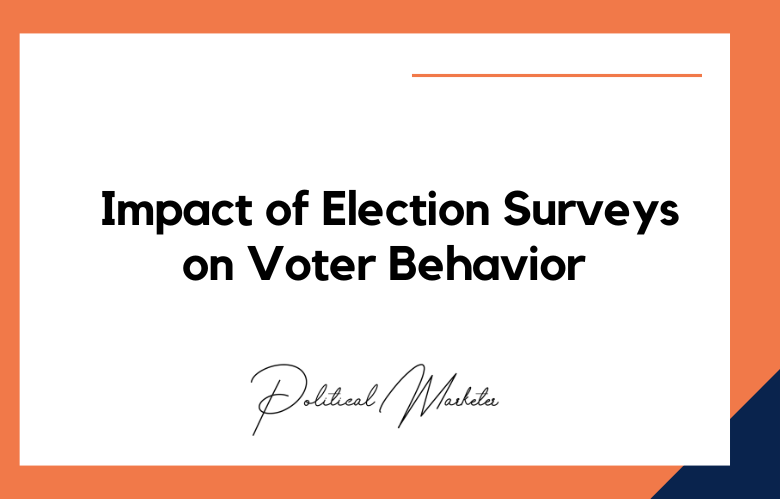“Political Leader Brand Protection” delves into the critical importance of safeguarding the reputation and image of political figures in an era dominated by media scrutiny and digital interactions. Like corporations and celebrities, political leaders have a brand—a distinct identity and perception among the public—that can be shaped by their actions, statements, and the narratives surrounding them.
Political Leader Brand Protection
In today’s fast-paced digital landscape, where news spreads rapidly across social media and traditional platforms, protecting this brand is more challenging than ever. Misinformation, negative publicity, and targeted attacks can quickly erode public trust and tarnish a leader’s reputation. Therefore, proactive brand protection strategies are essential to preserve the credibility and effectiveness of political leaders.
This exploration will delve into the multifaceted nature of political leader brand protection, examining the various threats they face, from false accusations to online smear campaigns. It will also explore the role of reputation management, crisis communication, and digital security measures in safeguarding a leader’s brand. By understanding the complexities of brand protection in the political arena, leaders can better navigate the challenges of maintaining public trust and credibility in the modern age.
The Ultimate Guide to Political Leader Brand Protection Strategies
“The Ultimate Guide to Political Leader Brand Protection Strategies” is a comprehensive resource designed to equip political leaders and their teams with the knowledge and tools to safeguard their reputation and image in today’s dynamic media landscape.
In an era where perception can often overshadow reality, effective brand protection strategies are essential for maintaining public trust and credibility.
This guide covers a wide range of brand protection strategies explicitly tailored to the unique challenges faced by political leaders. It explores proactive measures such as:
Personal Brand Management: Understanding the importance of personal branding and how to cultivate a positive public image through consistent messaging, authenticity, and engagement.
Media Monitoring and Crisis Response: Implementing robust media monitoring tools to track public sentiment and respond swiftly and effectively to negative publicity or crises.
Social Media Security protects social media accounts from hacking, unauthorized access, and reputational damage by implementing strong security measures and monitoring for malicious activity.
Reputation Management: Developing strategies for managing and mitigating reputational risks, including addressing false information, responding to negative press coverage, and rebuilding trust after a crisis.
Legal Protection: Utilizing legal recourse, such as defamation laws and intellectual property rights, to protect against defamatory or unauthorized use of a leader’s image or likeness.
Training and Education: Providing ongoing training and education for political leaders and their staff on best practices for maintaining brand integrity and responding to media challenges.
By implementing these strategies and adopting a proactive approach to brand protection, political leaders can effectively manage their reputation, build trust with constituents, and confidently navigate the complexities of modern media scrutiny. This guide serves as a comprehensive roadmap for safeguarding the brand of political leaders in an ever-evolving media landscape.
Why Political Leader Brand Protection is Essential in Today’s Digital Age
In today’s interconnected world, where social media and digital platforms shape public perception and influence political discourse, brand protection has transcended the realm of corporations and entered the arena of politics.
Safeguarding the brand of political leaders is imperative now, more than ever. This introduction explores the crucial reasons why in today’s digital age, examining the intersection of technology, public perception, and political legitimacy.
In this environment, the concept of a political leader’s “brand” has evolved beyond mere policy positions or party affiliations; it encompasses their entire public persona, including their character, values, and leadership style. Safeguarding this brand is paramount, as any perceived misstep or negative publicity can have far-reaching consequences, eroding public trust and undermining their ability to govern effectively.
This exploration underscores the necessity of proactive brand protection strategies by delving into the multifaceted challenges and risks political leaders face in the digital age. It will examine the various components of brand protection, including media monitoring, crisis communication, reputation management, and social media security, illustrating how these measures are essential for navigating modern politics’s complexities and preserving political leadership’s integrity
Practical Tips for Safeguarding a Political Leader’s Brand Reputation
Safeguarding a political leader’s brand reputation requires a multifaceted approach that addresses the unique challenges of the modern media landscape. Here are some practical tips for protecting and enhancing a political leader’s brand reputation:
Consistent Messaging: Ensure the leader’s messaging is consistent across all communication channels, including speeches, interviews, and social media. Consistency fosters trust and credibility among constituents.
Transparency and Authenticity: Emphasize openness and authenticity in communication. Being open and honest about challenges and mistakes can help maintain trust and integrity.
Media Monitoring: Implement robust media monitoring tools to track mentions of the leader in the media and on social platforms. Monitor for misinformation, negative sentiment, and emerging issues impacting reputation.
Crisis Communication Plan: Develop a comprehensive crisis communication plan outlining protocols for responding to negative publicity or crises. Act swiftly, communicate transparently, and take proactive steps to address concerns.
Social Media Management: Secure social media accounts with strong passwords, enable two-factor authentication, and monitor for unauthorized access or suspicious activity. Engage with followers authentically and respond promptly to inquiries and concerns.
Reputation Management: Proactively manage the leader’s online reputation by monitoring search engine results, responding to online reviews and comments, and promptly addressing false information or rumors.
Media Relations: Cultivate positive relationships with journalists and media outlets to ensure fair and accurate coverage. Provide access to reliable sources and information to help shape the narrative.
Legal Protection: Understand and leverage legal protections, such as defamation laws, to address false or damaging statements about the leader. Consult legal counsel as needed to protect against defamatory content.
Training and Education: Provide ongoing training and education for the leader and their staff on best practices for media relations, crisis communication, and reputation management.
Community Engagement: Engage with constituents regularly through community events, town halls, and public forums. Building strong connections with the community can help bolster the leader’s reputation and support.
Unveiling the Top Tools for Monitoring Political Leader Brand Online
“Unveiling the Top Tools for Monitoring Political Leader Brand Online” sheds light on the critical importance of maintaining the reputation and integrity of political leaders in the digital sphere. Here’s a summary of the conclusion:
In the fast-paced world of digital communication, the online reputation of political leaders can make or break their influence and effectiveness. As such, deploying the right tools for monitoring their brand online is paramount. These tools provide invaluable insights into how political leaders are perceived by the public, helping to detect and mitigate any potential threats to their reputations.
The Power of Online Reputation Management
Monitoring tools offer real-time visibility into various online channels, including social media platforms, news outlets, forums, and blogs. By tracking mentions, sentiment, and trends related to political leaders, these tools enable proactive management of their online reputation.
Identifying Emerging Threats
Practical monitoring tools use advanced algorithms to sift through vast amounts of data, flagging any mentions that may risk a political leader’s brand. Whether it’s negative sentiment, false information, or coordinated attacks, these tools provide early warnings, allowing for swift and strategic responses.
Mitigating Damage and Building Resilience
With the proper monitoring tools in place, political leaders can respond promptly to any threats to their brand, whether through direct engagement, corrective messaging, or legal action. By addressing issues head-on, they can mitigate damage to their reputation and build resilience against future attacks.
Leveraging Insights for Strategic Decision-Making
Beyond reactive measures, monitoring tools offer valuable insights to inform strategic decision-making. By analyzing trends and sentiment across different demographics and regions, political leaders can tailor their messaging and engagement strategies to better resonate with their audience.
Crisis Management: How to Handle Brand Attacks Against Political Leaders
“Crisis Management: How to Handle Brand Attacks Against Political Leaders” explores the essential strategies and tactics necessary to navigate and mitigate reputational challenges political figures face amid brand attacks. In today’s hyper-connected world, where information spreads rapidly across various media channels, political leaders are particularly susceptible to attacks on their brand integrity, ranging from false accusations to coordinated smear campaigns.
The introduction of this discussion sets the stage by highlighting the heightened scrutiny and unique challenges political leaders face in maintaining their public image. It emphasizes the critical importance of effective crisis management strategies in safeguarding reputation, public trust, and credibility amidst adversarial attacks.
This exploration delves into a comprehensive framework for crisis management explicitly tailored to the needs of political leaders. It encompasses proactive measures such as media monitoring, rapid response protocols, stakeholder engagement, and strategic communication. By equipping leaders and their teams with the tools and expertise to effectively navigate brand attacks, this discussion aims to empower them to preserve their reputations and navigate challenges with resilience and integrity.
Building Trust and Credibility: The Role of Brand Protection in Politics
In the dynamic landscape of politics, where public perception holds immense sway, trust, and credibility are paramount for political leaders. However, in today’s digital age, maintaining a positive reputation can be increasingly challenging amidst online threats and the rapid spread of true and false information.
This introduction to “Building Trust and Credibility: The Role of Brand Protection in Politics” explores the pivotal role of brand protection in safeguarding the integrity and trustworthiness of political figures. We will delve into the fundamental importance of trust and credibility in political leadership, examine the various threats posed by misinformation and attacks on reputation, and elucidate how effective brand protection strategies can mitigate these risks.
By establishing a solid foundation of trust and credibility through proactive brand protection measures, political leaders can enhance their influence, inspire confidence among constituents, and uphold the integrity of democratic governance in an increasingly digital and interconnected world.
The Impact of Social Media on Political Leader Brand Perception
“The Impact of Social Media on Political Leader Brand Perception” delves into the profound influence social media platforms wield over the public perception of political figures in today’s digital age. With billions of users worldwide, social media has become dominant in shaping political discourse, disseminating information, and molding public opinion.
This exploration begins by acknowledging the transformative role of social media in democratizing communication, providing political leaders with unprecedented access to constituents and a platform for direct engagement. However, it also underscores the inherent risks and challenges accompanying this newfound connectivity, as social media can amplify positive and negative aspects of a leader’s brand.
The introduction of this discussion highlights the nuanced ways in which social media impacts political leader brand perception, including its ability to amplify messages, mobilize supporters, and expose vulnerabilities. It also delves into the potential pitfalls, such as the spread of misinformation, the proliferation of polarizing rhetoric, and the erosion of trust in traditional institutions.
As we embark on this exploration, we will examine case studies, research findings, and expert insights to understand how social media shapes the public perception of political leaders and how leaders can leverage this powerful tool to build and protect their brand in an increasingly digital world.
Enhancing Public Perception: Leveraging Brand Protection for Political Figures
In the dynamic landscape of modern politics, public perception plays a pivotal role in shaping the success and effectiveness of political leaders. Leveraging brand protection strategies is paramount for political figures seeking to enhance public perception and credibility in today’s digital age.
This introduction delves into the importance of safeguarding political leaders’ reputations and images through proactive brand protection measures, highlighting the intersection of digital communication, public opinion, and political influence.
Conclusion:
Brand protection is essential for political leaders in safeguarding their reputation, credibility, and public trust. As influential figures, their brand represents their identity and the values and principles they stand for. By implementing effective brand protection strategies, political leaders can mitigate risks such as defamation, misinformation, and reputation damage, which can have far-reaching consequences for their careers and the causes they champion.
Critical components of brand protection include proactive monitoring of online and offline channels, swift response to any threats or attacks, and ongoing engagement with constituents to uphold transparency and accountability. Collaboration with legal experts, public relations professionals, and cybersecurity specialists is crucial in navigating the complex landscape of brand protection in the digital age.
Call: +91 9848321284
Email: [email protected]










